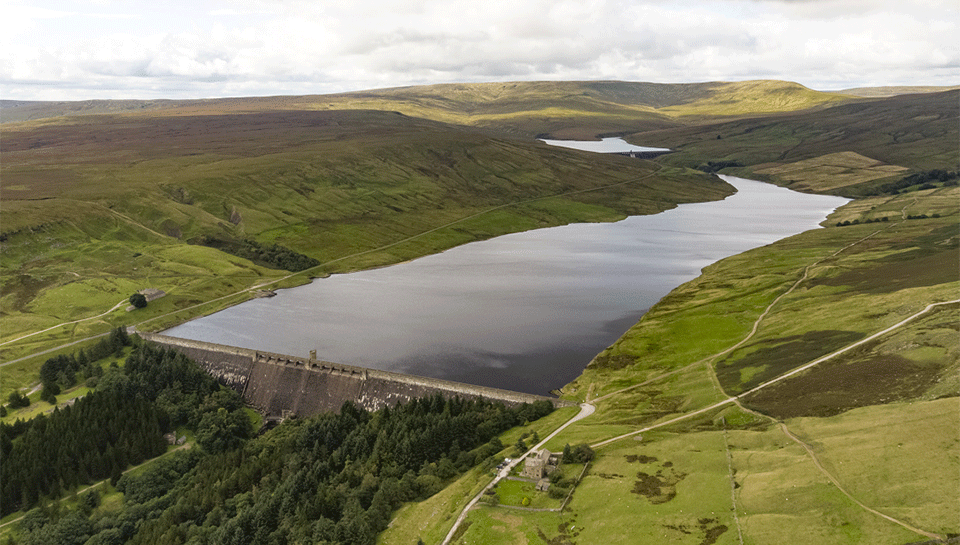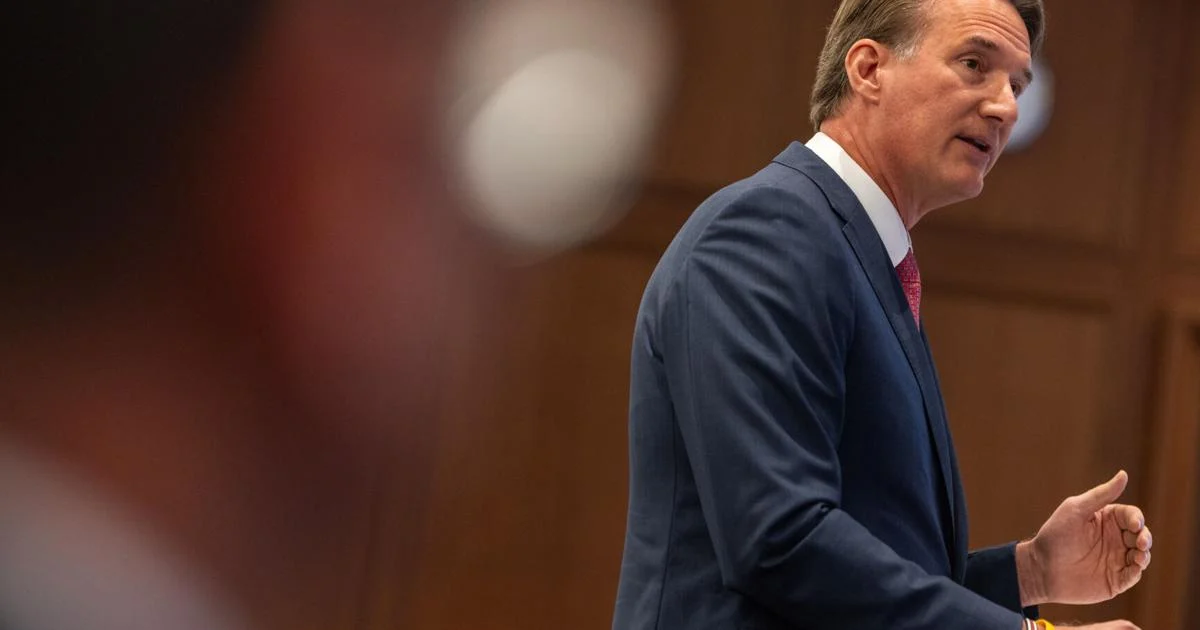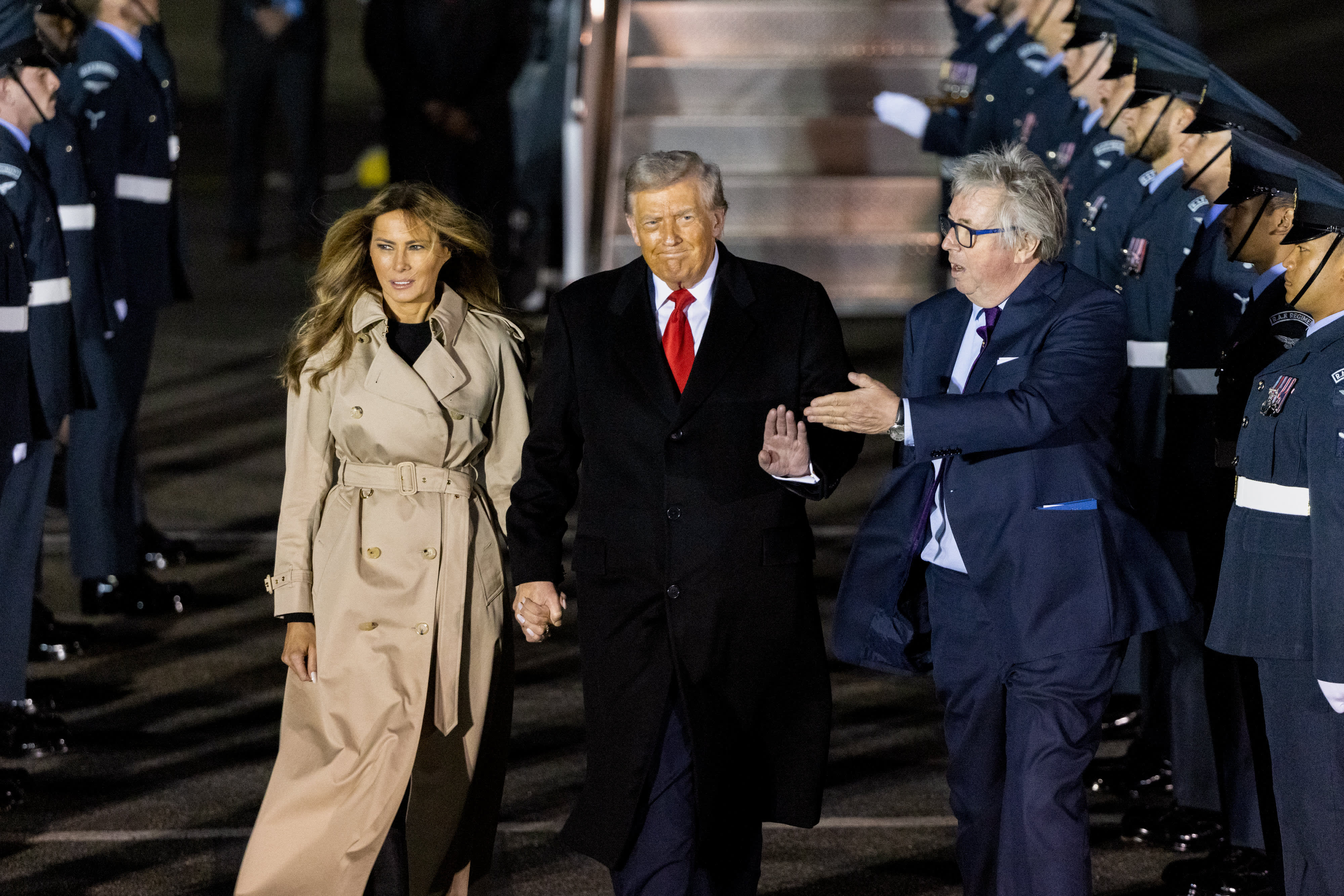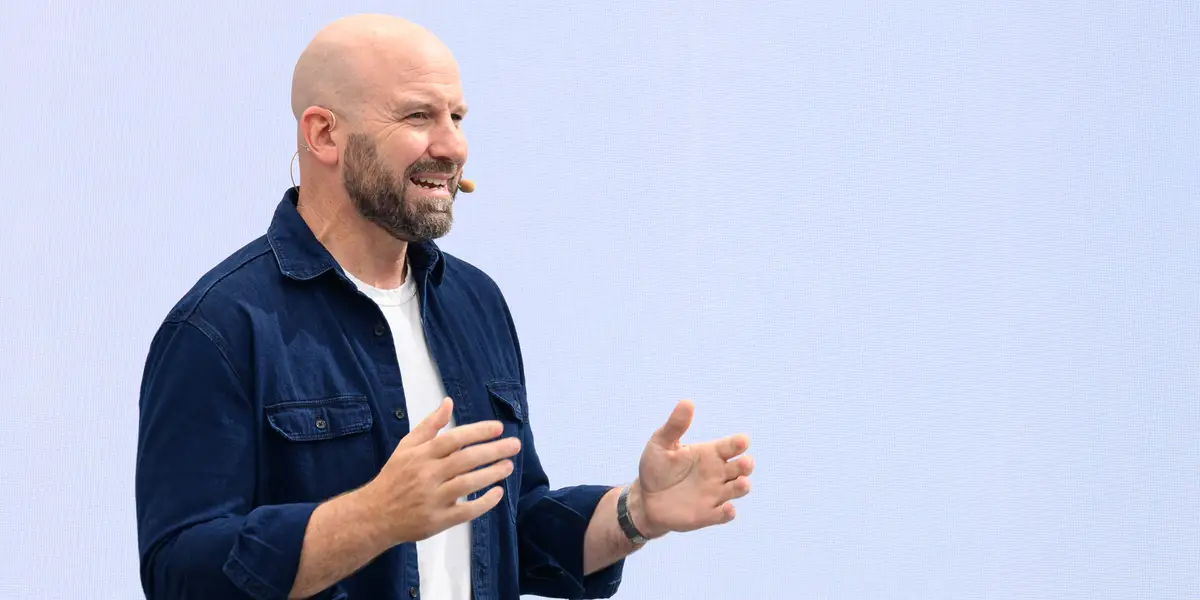By Joshua Neil
Copyright edie

The session coincided with the launch of a new report, ‘Scaling for Impact: Learnings for business-NGO partnerships from water stewardship interventions’, and featured expert speakers Wouter Vermeulen, VP Sustainability & Public Policy at Coca-Cola Europe; Pendragon Stewart, Director of GlobeScan; Jan Berger, Senior Director for Water & Nature Europe at the Coca-Cola Company; Alex Adam, Deputy Director Strategy & Stewardship at the Rivers Trust; and Laurice Ereifej, Regional CEE Freshwater Lead at WWF CEE.
The webinar explored key learnings from the report, including success factors for creating impactful collaborations; scaling business-NGO partnerships to meet sustainability goals; and how partnership models will continue to evolve.
Read on for four key learnings from the event.
The seven key success factors
The webinar began with a discussion about the seven key success factors for partnerships within water stewardship. The two most important were identified as a base of trust and the creation of shared value: with these, Stuart argued, the foundation for meaningful and impactful partnerships is formed.
Beyond these two, the report identified others: including ensuring the creation of a systemic partnership across the value chain involving farmers, suppliers, and others who can make a difference; creating a long-lasting and sustainable project infrastructure, which can maintain any benefits garnered and ultimately deliver more effective results; and building project capabilities, whether through the local knowledge and expertise of NGOs or through the use of AI to create efficiencies and reduce administration time.
The final two factors identified related to refining project execution: these were cultivating adaptation and innovation as counters to extreme weather events and volatile geopolitical situations; and ultimately ensuring that the right data, not just more data, is present to build a business case and deliver the right project.
Trust is the foundation of meaningful partnerships
Across the panel, trust emerged as the indispensable ingredient in successful business-NGO collaborations. Wouter Vermeulen explained that trust is built by recognising the different roles each party plays, spending time aligning visions and visiting projects on the ground. Both Adam and Ereifej, as representatives of NGOs, echoed the importance of transparency and long-term commitment in this regard: not rushing to proclaim significant successes and inviting greenwashing, but instead letting results speak before communicating widely.
Alex Adam of the Rivers Trust noted that the creation of this trust allows problems to surface early, making partnerships more resilient to significant shocks such as COVID-19. Long-term, person-to-person relationships were seen as crucial to maintaining momentum even as organisations evolve. As Ereifej summarised: Personal relationships and honest collaboration create the puzzle pieces that build the full trust picture.
Shared value and co-benefits drive commitment
Speakers agreed that partnerships must create clear value for all parties. Vermeulen cited Barcelona, where Coca-Cola’s longstanding water stewardship meant that during drought restrictions, local authorities imposed lighter limits on its operations than on other manufacturers. This case demonstrated that investing in water resilience is not philanthropy but a core business strategy.
For NGOs, partnerships can boost credibility and drive positive action across communities. WWF described how Coca-Cola’s support helped co-finance EU projects, multiplying impact and positioning the NGO as a knowledge hub in Romania. At community level, projects deliver tangible social returns (such as flood protection, water access and recreation), benefits that strengthen legitimacy and community buy-in.
Scale requires systemic thinking and enabling conditions
The Q&A section of the webinar highlighted a common pitfall within water stewardship and business-NGO collaborations: pilots that never scale. Stewart argued that pilots must be designed from the outset with scalability in mind – mapping future funders, stakeholders and regulatory enablers. Adam added that sustained momentum can turn isolated wetlands or floodplain projects into genuine catchment-wide solutions, but this requires consistent capacity and shared language.
Ereifej stressed that scaling is not only about resources but also about policy frameworks. EU agricultural subsidies, national water regulations and legal frameworks all need to enable nature-based solutions, not obstruct them. Without such enabling conditions, even the most promising pilots struggle to expand beyond their starting sites.
Click here to watch the webinar in full, on-demand.



